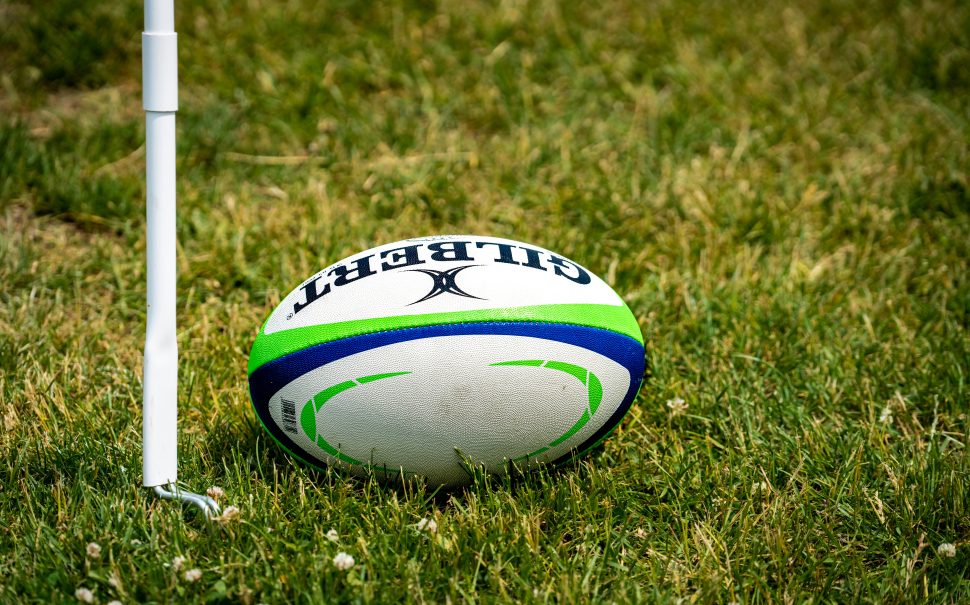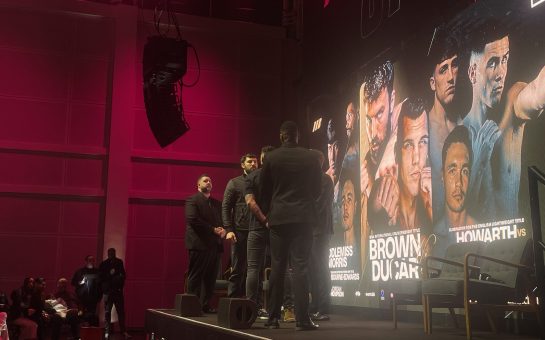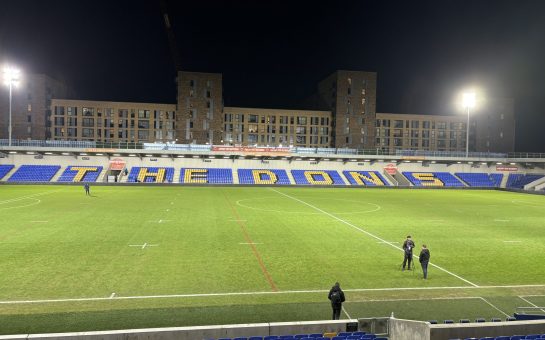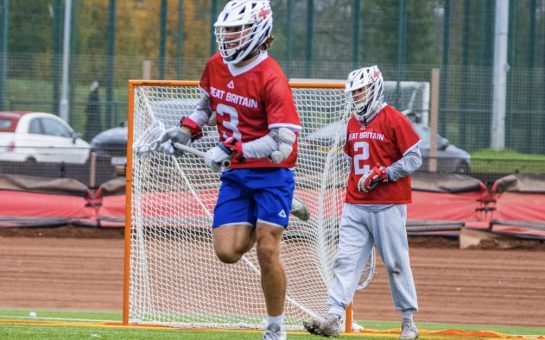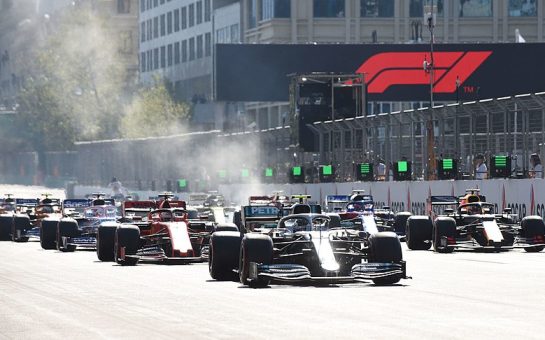Every year, thousands of teenagers from across the UK descend on south-west London for the Rosslyn Park National Schools Sevens, the world’s largest school rugby tournament.
But in recent years, it’s not just the academic elite who’ve been lining up to compete.
Thanks to the Road to Rosslyn programme, launched in 2024, 25 state school teams from underrepresented communities received funding to take part.
It covers entry fees, kits, and travel costs – supporting schools that might not otherwise have been able to participate.
Exeter’s Clyst Vale Community College head of rugby Adam Pearce said: “It’s a massive confidence builder, not just playing in a regular fixture, but representing your college on a bigger stage.
“Being around those fee-paying schools and part of the event is a real gamechanger.”
Clyst Vale is one of a growing number of girls’ teams which took part in 2025.
When applications opened for the female competitions, two of the four categories reached maximum capacity within hours, and Pearce believes this is no coincidence.
He said: “There has been a lot of investment in girls’ rugby over the past six to eight years.
“The standard is a lot higher now.”
For his players, many of whom had never been to London before, attending the tournament was more than just about sport.
Pearce said: “Going to London, having an overnight stay, playing in a prestigious national school event is really big.
“We streamed it back here at school for the kids to watch live – it was a real event.”
The exposure and excitement generated by participation are key to inspiring future cohorts of female players.
Pearce said: “The publicity that we give it, especially in the older age groups, is a real inspiration for the younger generation.
“Without the support, it wouldn’t be possible.
“They’ve donated a brand-new set of jerseys, which is really kind, and having the entry fee paid for helps keep the cost down for parents.”
For schools like Clyst Vale, the contrast in resources between them and more established institutions is stark.
Pearce said: “You see some of the more established schools and realise it can be a different world
“They arrive with so many staff whilst I’ll be the coach, I’ll be driving the bus, arranging the kit.
“Even to be rubbing shoulders with the other side of education is a privilege.”
While famous alumni such as Jonny Wilkinson and Marcus Smith are etched into the tournament’s folklore, state school participation is the future.
Players like Abby Brown, an England international and former state school pupil, are proof that these pathways can work.
In fact, Brown is a former student of Clyst Vale.
The long-term vision of the Road to Rosslyn is not just exposure but sustained participation.
That’s echoed by Middlesbrough College PE teacehr George Speakman, who underlined the importance of expanding access to rugby in regions where the sport has historically taken a back seat.
Speakman said: “We;re in an area where football is absolutely king.
“But this programme gives us the chance to offer rugby to lads who might never have played before.”
Speakman’s squad made the five-hour trip journey this year and hopes to return next year.
He said: “It’s a really good opportunity for the lads to experience things they haven’t before.
“With club rugby in the north east, you play the same teams every season.
“It’s good to see what’s out there.”
Middlesbrough College, like others in the programme, has used the support to reduce the trip’s financial burden.
Speakman said: “I think it’s massively helpful. It allowed us to cut the cost of the trip massively, which I think is the main thing.”
That financial help has opened up the possibility of new rugby pathways, where previously there were few.
Speakman said: “A lot of secondary schools don’t offer any rugby opportunities.
“The more we can push rugby into places where it isn’t as popular, the more chances lads get to play and the quicker they improve.”
According to tournament organisers, the Road to Rosslyn programme uses a means-tested application process, assessing schools on criteria such as sporting budgets, access to facilities, and the percentage of pupils on free school meals.
The selected teams are drawn from across the UK and include schools from both urban and rural areas.
In 2025, title sponsor Howden directly funded 10 of the 25 Road to Rosslyn schools, reflecting a deeper investment in grassroots sport.
CEO David Howden described the sponsorship as an extension of their long-term sporting vision:
Howden said: “Whether it’s unearthing a future Lions player or giving someone their first chance to compete, the Rosslyn Park Sevens is an iconic rugby tournament, and we’re excited to be a part of it.”
As plans are already being put in place for the 2026 tournament, the inclusion of more girls’ teams, greater regional representation, and a continued commitment to state schools signals a clear shift.
The Road to Rosslyn is not just a route to a prestigious pitch; it’s a bridge to a more inclusive future for school rugby.
And for students like those from Clyst Vale and Middlesbrough College, it’s a trip that means far more than just the final score.
Feature image: Free to use from Unsplash
